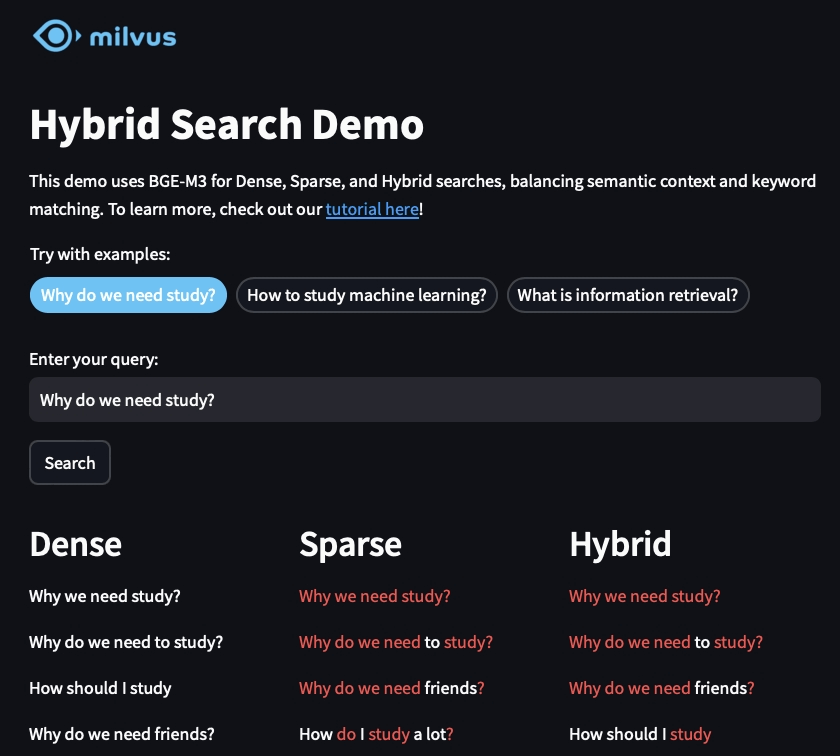Search query normalization is the process of standardizing user-inputted search terms to improve consistency and accuracy in search systems. It involves transforming variations of a query into a uniform format before executing the search, ensuring that minor differences in spelling, formatting, or syntax don’t prevent relevant results from being found. For example, a search for “Email” and “e-mail” should ideally return the same results, even if the underlying data stores variations of the term. Normalization is especially critical in systems handling large datasets or user-generated content, where inconsistent terminology is common.
The process typically includes steps like converting text to lowercase, removing punctuation, handling diacritics (e.g., converting “café” to “cafe”), and stemming (reducing words to their root form, like “running” to “run”). Tokenization—splitting phrases into individual words—is often part of normalization, as is expanding abbreviations (e.g., “NYC” to “New York City”). For instance, a query like “How-to: Backup Files in 2023?” might be normalized to ["how", "to", "backup", "files", “2023”]. These steps help align user input with indexed data, reducing mismatches caused by superficial differences. Developers might also apply spell-checking or synonym mapping (e.g., linking “cellphone” to “mobile phone”) during normalization to further broaden matches.
While normalization improves search reliability, over-application can degrade results. For example, over-aggressive stemming might conflate unrelated terms (e.g., “organize” and “organ” if both stem to “organ”). Similarly, removing all punctuation could misinterpret domain-specific terms like “C#” (which might become “c”). Developers must balance standardization with preserving the query’s intent, often tailoring rules to the application’s domain. Tools like Elasticsearch or Lucene provide built-in normalization features, but custom implementations—such as using regex to clean input or employing NLP libraries for lemmatization—are common. Testing with real-world queries is essential to ensure normalization rules enhance, rather than hinder, search accuracy.
